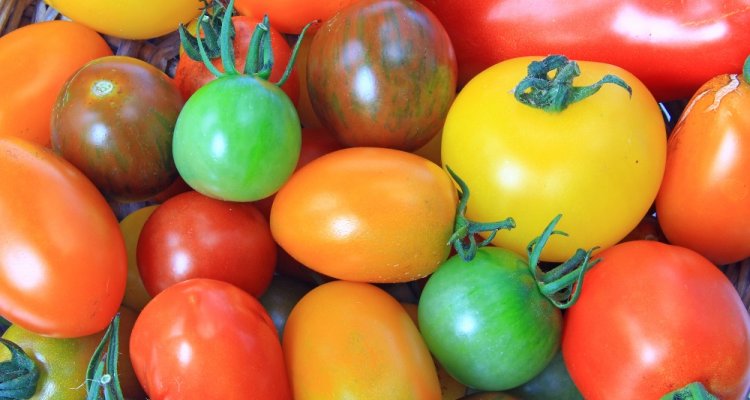
Angenent Group – Plant Developmental Systems (PDS)
My research group is interested in how developmental processes are controlled by transcription factors and chromatin modifications. We aim to unravel transcriptional networks underlying various processes such as flowering time regulation, floral organ development, fruit formation and embryogenesis. We apply various methods, such as ChIP-seq, RNA-seq, proteomics, microscopy, CRISPR/CAS9 technologies and in vitro assays, to build gene regulatory networks and study the role of genes and proteins involved in these developmental processes. We are using predominantly the model species Arabidopsis and tomato, but also aim to understand to what extent the networks and genes are conserved in other species, including crops.
A main question of our research is: How do Transcription factors work and what are their target genes? To answer this question we are studying the properties of transcription factors belonging to the MADS domain, AP2-like or TCP transcription factor families. Since these transcription factors form larger complexes we analyse the components of the complexes by immunoprecipitation followed by MS/MS (Smaczniak et al, 2012). Furthermore, we are interested in the target genes that they control. A standard technology in our lab is ChIP-seq to identify in vivo binding sites. In addition we use in vitro methods, such as EMSA and SELEX to understand the specificity of binding to certain DNA sequences. Our results show that the composition of the transcription factor complex determines in part the binding specificity to target DNA.
We aim to identify downstream target genes by ChIP-seq and RNA-seq approaches and decipher their role in various developmental processes, such as flowering, flower, fruit and embryo development by genetic and molecular studies. A more recent focus of the group are studies to understanding the role of promoter elements (CIS regulatory elements) and how they control transcription. For this purpose we make mutations in promoters using CRISPR/Cas9, aiming at modulating gene expression in vivo.
Group members and teams
Embryogenesis group
Seed quality
Evolution transcription factor
Tomato Fruit development
Flowering control
-
prof.dr.ir. GH (Richard) Immink
PI -

dr.ing. MA (Martijn) Fiers
researcher -
F (Francesca) Bellinazzo PhD
PhD student -
S (Suze) Blom
PhD student -
J (Judit) Nadal Bigas MSc
PhD student -
G (Gül) Hatinoglu MSc
PhD student -
J (Jacqueline) Busscher-Lange
technician -
M (Marco) Busscher
technician -
ing. F (Froukje) van der Wal
technician